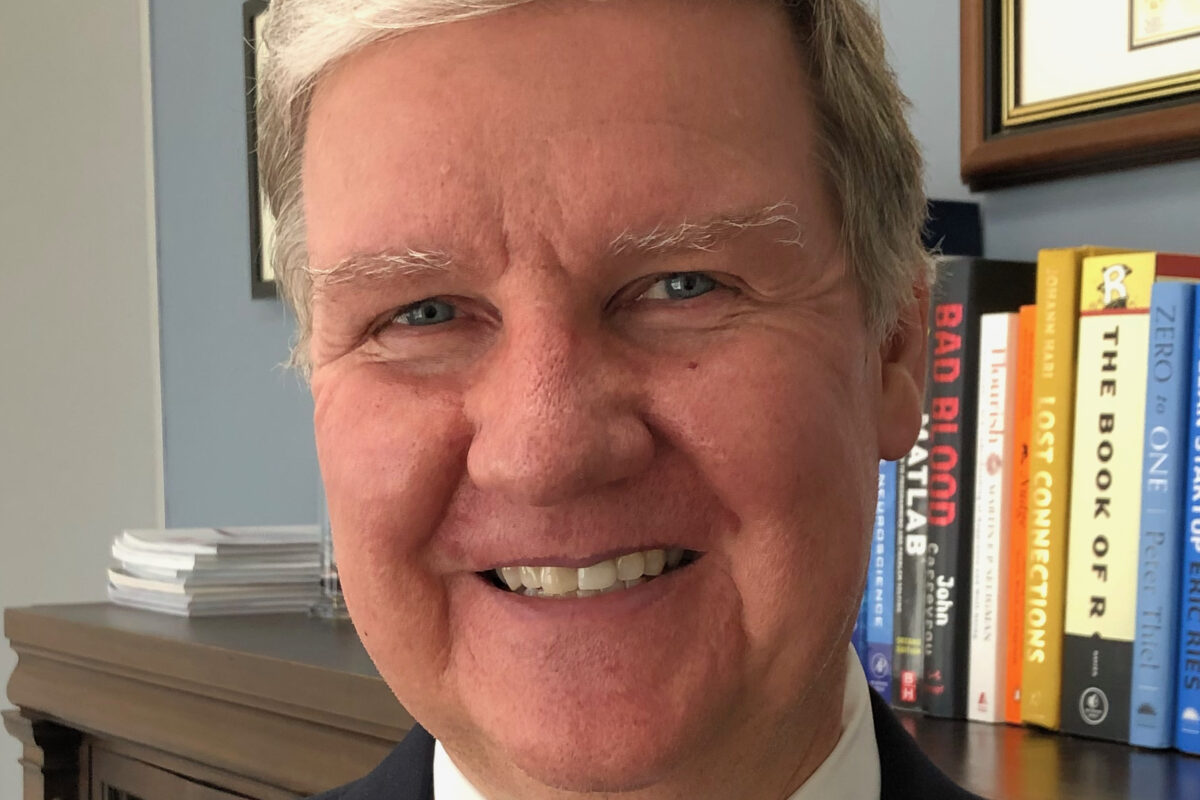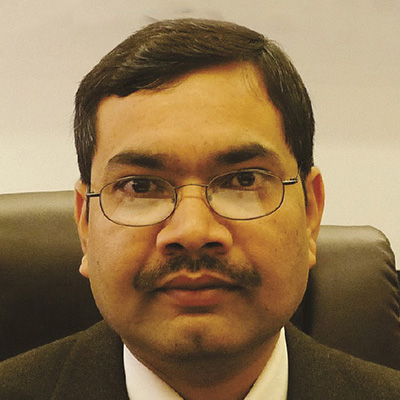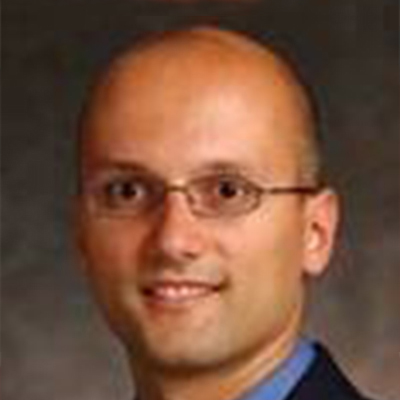Harold Monbouquette, Ph.D., is a Professor of Chemical and Biomolecular Engineering. His group conducts research focused on sensors and diagnostics, as well as the application of nanotechnology to these areas. He has been instrumental in creating an implantable microprobe with neurochemical sensing sites that exhibit rapid response times (<100 msec) while retaining high selectivity, in incorporating multiple sensing modalities on the same probe, in developing a PDMS microstamping method to deposit enzyme to targeted microelectrode sites, and in fabricating an on-probe reference site that results in 60-70% reduction in sensor noise.
Biography
Ian A. Cook, M.D. holds the Joanne and George Miller and Family Endowed Chair in Depression Research. He is a Professor of Psychiatry and Biobehavioral Sciences in the David Geffen School of Medicine, and a Research Scientist at the Semel Institute for Neuroscience and Human Behavior. Dr. Cook received his bachelors degree with high honors from Princeton University and his medical degree from the Yale University School of Medicine. He completed his psychiatry residency training at UCLA’s Neuropsychiatric Institute, where he also was an NIMH-funded research fellow. Dr. Cook served on the Executive Committee on Practice Guidelines of the American Psychiatric Association, and guided the electronic dissemination of their evidence-based guidelines in psychiatry. A board-certified Psychiatrist, he has also served as an examiner for the American Board of Psychiatry and Neurology. His biography is profiled in Who’s Who in America, Who’s Who in the World, and Best Doctors. He is the author of numerous publications on brain function in mental illness and in aging, and holds several patents on biomedical devices and methods.
Publications
A selected list of publications:
Biography
Dr. Kumar has a doctoral degree in Radiology from Sanjay Gandhi Postgraduate Institute of Medical Sciences, UP, India in 2002. He received Postdoctoral training in Neurobiology at the Department of Neurobiology, David Geffen School of Medicine at UCLA, University of California at Los Angeles, Los Angeles, California from December 2002 to June 2006. Dr. Kumar has been an Assistant Researcher from July 2006 to September 14, 2013 the Department of Neurobiology, David Geffen School of Medicine at UCLA, University of California at Los Angeles, Los Angeles, California. Dr. Kumar joined in the Department of Anesthesiology with secondary appointment in the Department of Radiological Sciences, David Geffen School of Medicine at UCLA, University of California at Los Angeles, Los Angeles, California in September 15, 2013. He has expertise in various magnetic resonance imaging (MRI) and spectroscopy procedures. Dr. Kumar’s research is based on the evaluation of the neural tissue integrity, resulting from breathing or cardiovascular effects, in brain areas of patients with obstructive sleep apnea (OSA) and heart failure (HF) using MR procedures. It helps understand the brain processes that affect autonomic, memory and mood regulations in patients with these conditions.Dr. Kumar is funded by National Institutes of Health (NIH) since August 2012. His current NIH R01 studies involve determination of the pathological stage and nature of white matter damage, using diffusion tensor imaging, including fiber tractography, diffusional kurtosis imaging, and magnetization transfer imaging procedures, in recently-diagnosed, treatment naïve OSA subjects, and examination of how damaged brain autonomic regulatory areas (hypothalamus, insula cortex, and cerebellum) respond to an autonomic challenge, using diffusion tensor imaging and functional MRI procedures, and the laterality of functional responses to that challenge in HF subjects. Dr. Kumar has published over 80 peer-reviewed research manuscripts, 5 book chapters, and over 140 abstracts presented in national and international scientific meetings.
Biography
Dejan Markovic received the Dipl.Ing. degree from the University of Belgrade, Serbia, in 1998 and the M.S. and Ph.D. (thesis) degrees from the University of California, Berkeley, in 2000 and 2006, respectively, all in Electrical Engineering. In 2006, he joined the faculty of the Electrical Engineering Department at the University of California, Los Angeles as an Assistant Professor. His current research is focused on digital integrated circuits and architectures for parallel data processing in wireless communications and neuroscience, including optimization methods and supporting CAD flows. Dr. Marković was awarded the CalVIEW Fellow Award in 2001 and 2002 for excellence in teaching and mentoring of industry engineers through the UC Berkeley distance learning program. In 2004, he was a co-recipient of the Best Paper Award at the IEEE International Symposium on Quality Electronic Design. He received 2007 David J. Sakrison Memorial Prize from the Department of EECS, UC Berkeley.





